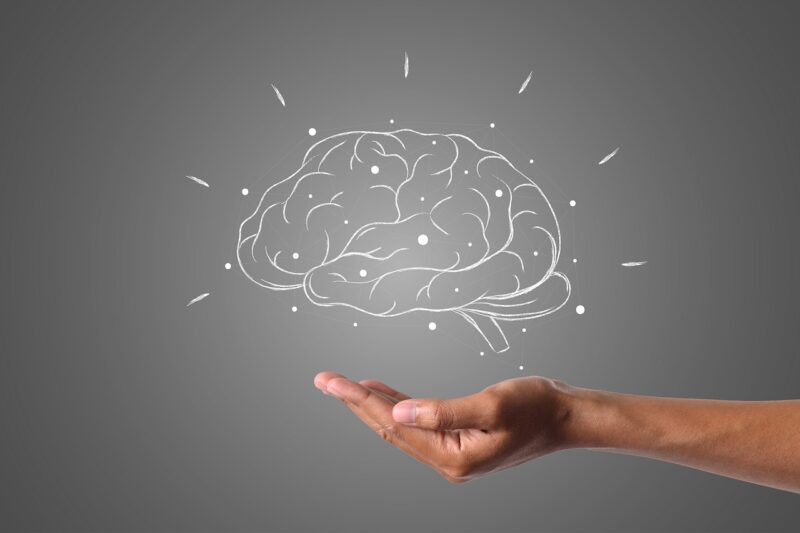
Memory is a fundamental component of our cognitive abilities, influencing how we learn, perform tasks, and navigate through life. In today’s fast-paced world, improving memory and enhancing information retention is not just beneficial but essential. This comprehensive guide will explore the science of memory, effective techniques to improve your memory, and lifestyle changes that can lead to better retention of information.
1. Understanding Memory: The Basics
Memory is the process by which we encode, store, and retrieve information. It can be divided into three main stages:
- Encoding: This is the initial stage where information is transformed into a format that can be stored in the brain. Effective encoding relies on attention and focus.
- Storage: This phase involves maintaining the encoded information over time, which can range from short-term to long-term memory.
- Retrieval: This final stage is the ability to access and bring the stored information back into consciousness whenever it’s needed.
Understanding these stages can help us master techniques that fortify our memory and enhance our overall cognitive function.
2. Techniques to Improve Memory
Improving memory involves adopting specific strategies that aid in encoding, storage, and retrieval. Here are some effective techniques:
2.1 Visualization
Visual imagery is a powerful tool for enhancing memory retention. Associating information with vivid images can help reinforce what you learn. For instance, if you need to remember a grocery list, visualize each item vividly in your mind’s eye.
2.2 Chunking
Chunking is the process of breaking down large pieces of information into smaller, manageable units. It’s particularly useful for remembering numbers or lengthy text. For example, instead of trying to remember a 10-digit phone number as a whole, break it down into segments (e.g., 555-123-4567).
2.3 The Method of Loci
Also known as the memory palace technique, this method involves visualizing a familiar place and associating the information you wish to remember with specific locations in that setting. This spatial arrangement strengthens your ability to recall the information later.
2.4 Spaced Repetition
Spaced repetition is a study technique that involves reviewing information at gradually increasing intervals. This method exploits the psychological spacing effect, where we remember information better if we revisit it over longer periods. Apps like Anki and Quizlet can aid in implementing this technique.
2.5 Association
Creating connections between new information and what you already know enhances memory. For instance, when learning a new language, associate unfamiliar words with familiar images or concepts to firmly attach them in your mind.
3. Lifestyle Changes for Better Memory
In addition to memory techniques, adopting certain lifestyle changes can lead to enhanced memory retention.
3.1 Healthy Diet
Nutrition plays a pivotal role in brain health. Consuming a balanced diet rich in antioxidants, healthy fats, vitamins, and minerals fosters optimal brain function. Consider the following:
- Fatty Fish: High in omega-3 fatty acids, which are essential for brain health.
- Berries: Packed with antioxidants that may delay brain aging and improve memory.
- Turmeric: Contains curcumin, which may help in improving memory by generating new brain cells.
- Broccoli: High in antioxidants and vitamin K, known for enhancing cognitive function.
3.2 Regular Exercise
Physical activity boosts blood flow to the brain and encourages the growth of new neurons. Engaging in regular aerobic exercises, such as walking, jogging, or cycling, has been shown to improve memory and cognitive ability.
3.3 Quality Sleep
Sleep is vital for memory consolidation, the process where short-term memories are stabilized into long-term memories. Aim for 7-9 hours of quality sleep per night to optimize memory function.
3.4 Mindfulness and Meditation
Practicing mindfulness and meditation has been shown to enhance memory and cognitive flexibility. Mindfulness helps improve attention and focus, allowing for better encoding of information. Simple meditation exercises can train your brain to concentrate better, positively impacting memory.
4. Overcoming Memory Challenges
Despite our best efforts, some may still struggle with memory challenges. Here are some tips for overcoming these hurdles:
4.1 Avoid Multitasking
When trying to learn new information, focus on one task at a time. Multitasking splits your attention and negative impacts your memory encoding and retention.
4.2 Use Mnemonics
Mnemonics are memory aids that help in information retention. Creating rhymes, acronyms, or phrases can aid in remembering complex information effectively.
4.3 Stay Mentally Active
Continuous learning and mental challenges, such as puzzles, reading, and brain training games, stimulate cognitive functions and improve memory retention.
4.4 Regular Check-Ins
Regularly review what you’ve learned and practiced to help reinforce connections in your brain. Frequent check-ins can help in retaining knowledge over longer periods.
5. Conclusion
Improving memory and retaining information is a skill that anyone can develop with the right techniques and lifestyle choices. By adopting effective memory strategies like visualization, chunking, and spaced repetition, along with making healthy lifestyle changes, you can enhance your memory capabilities.
Whether you’re a student looking to ace your exams, a professional needing to master new skills, or simply someone interested in maintaining cognitive health, these practices will empower you to remember better and make the most out of the information you encounter every day.
Take the first step today towards sharpening your memory and unlocking the full potential of your mind!








